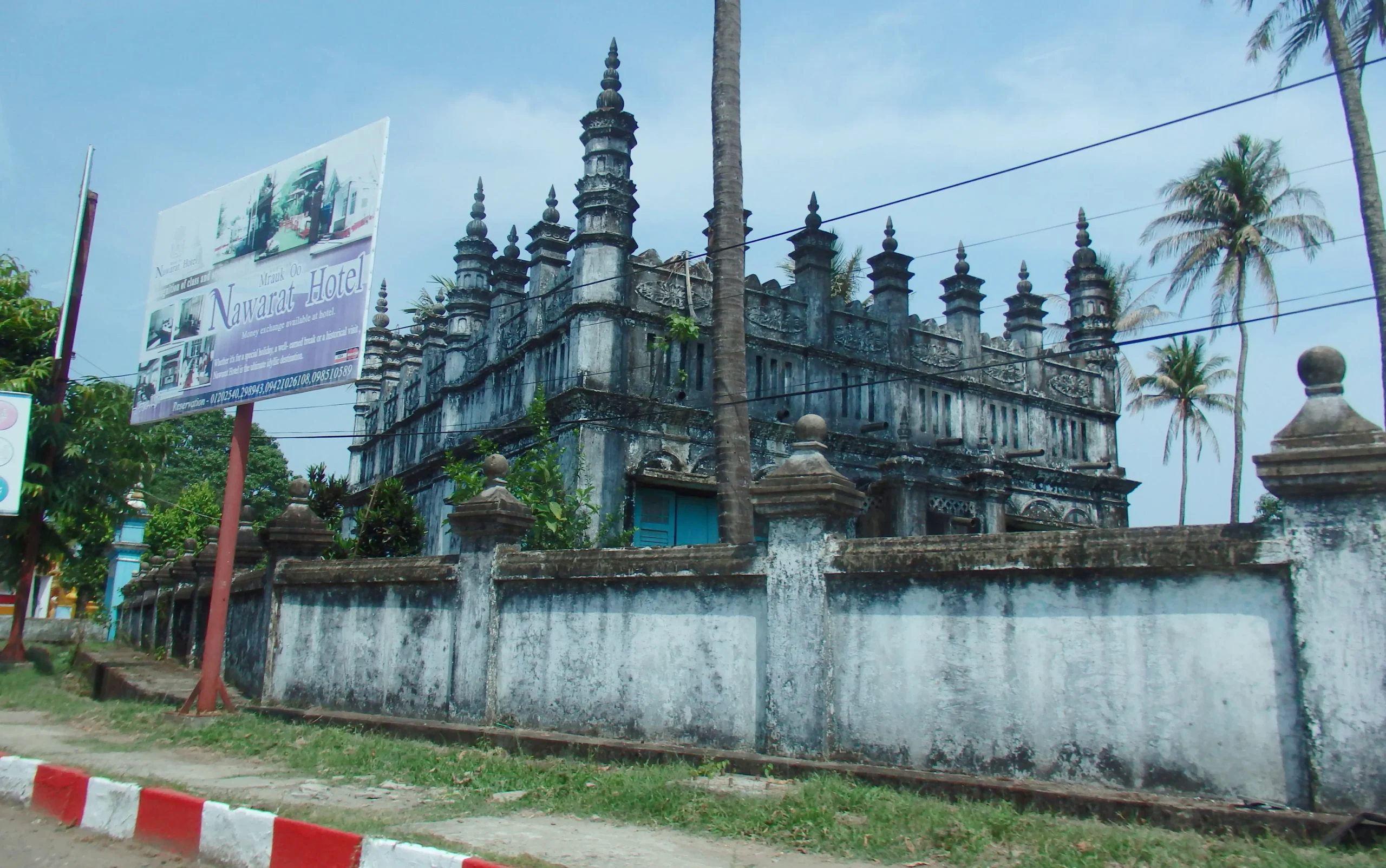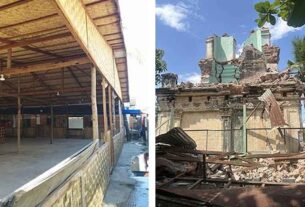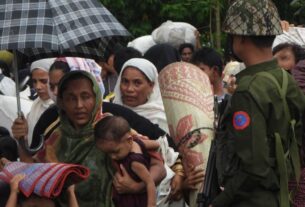Tensions are rising in northern Rakhine State following reports that the Arakan Army (AA) has converted a Rohingya mosque in U Hla Phay village, Buthidaung Township, into a military base and detention center, a move that is being widely condemned as a serious violation of international humanitarian law, including the Geneva Conventions.
According to local residents, the AA’s regional commander has established a permanent presence inside the mosque, transforming the religious site into an operational command center. Four other mosques in nearby Ywet Nyo Taung village tract have also reportedly been seized and repurposed as recruitment hubs for new fighters.
“This is not just military occupation — it’s a spiritual attack on our community,” said Abdul Karim, a 52-year-old religious leader from Buthidaung, speaking to Rohingya Khobor. “Our mosques are sacred. Turning them into barracks desecrates what they stand for.”
Disturbingly, residents allege that armed AA personnel and affiliated civilians have consumed alcohol and held parties inside the seized mosques, a profound violation of religious sanctity that has shocked the Rohingya Muslim community.
“Even during the worst days under the Myanmar military, we never saw this level of open disrespect toward our religion,” said Halima Khatun, a displaced resident from Ywet Nyo Taung. “Now we live in fear, unable to pray freely, as our holy places are turned into tools of war.”
International humanitarian law explicitly forbids such acts. Article 53 of Additional Protocol I to the Geneva Conventions, along with the 1954 Hague Convention for the Protection of Cultural Property, prohibits the use of religious buildings for military purposes. Legal experts warn that the AA’s actions could amount to war crimes under international law.
The mosque in U Hla Phay, central to the village’s spiritual life, was reportedly burned down by the AA after serving as a military base for several weeks. Local accounts suggest the destruction was deliberate, aimed at erasing both the physical structure and the religious identity it represented.
The Rohingya population in areas under AA control has also faced sweeping restrictions, including arbitrary closures of homes, confiscation of farmland, and limited movement enforced through frequent checkpoints.
Since the Arakan Army reignited its conflict with the Myanmar military in November 2023, the Rohingya have once again been caught in the middle, squeezed between two powerful forces, both of which have long histories of marginalizing and oppressing the community.
As international outcry grows over mounting atrocities in northern Rakhine, rights groups are calling for immediate independent investigations and accountability for those responsible for desecrating religious sites and committing abuses against Rohingya civilians.




